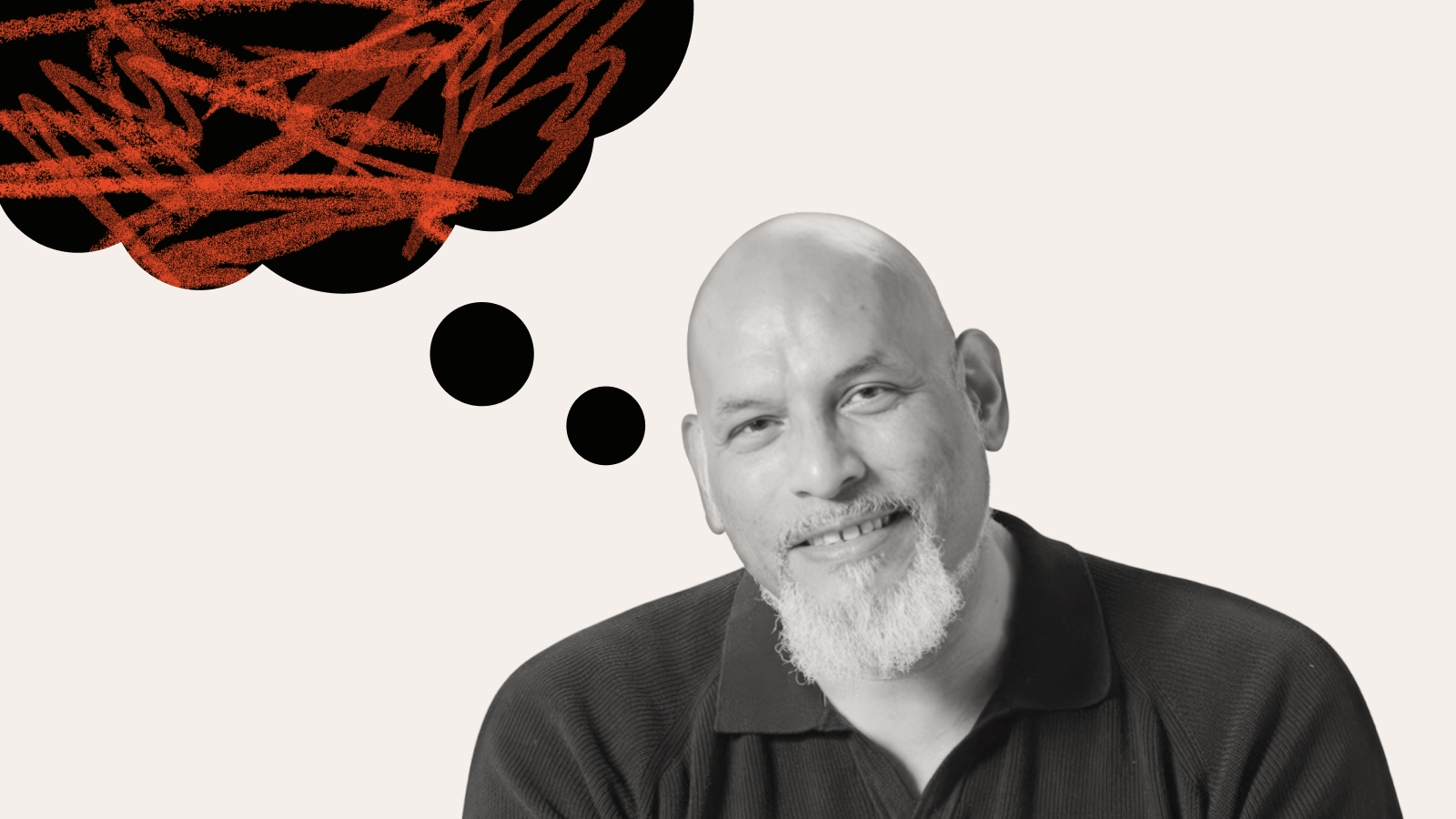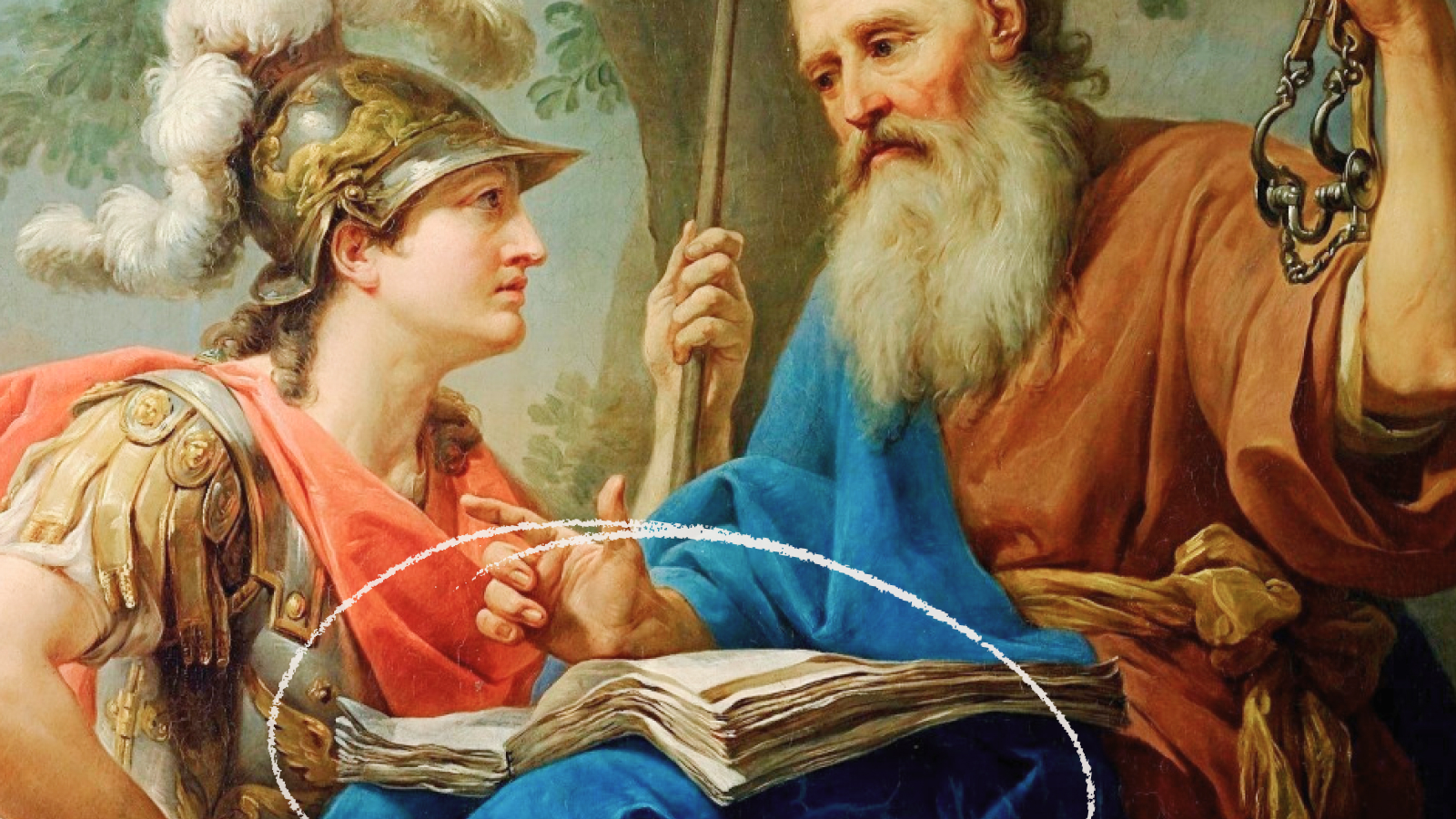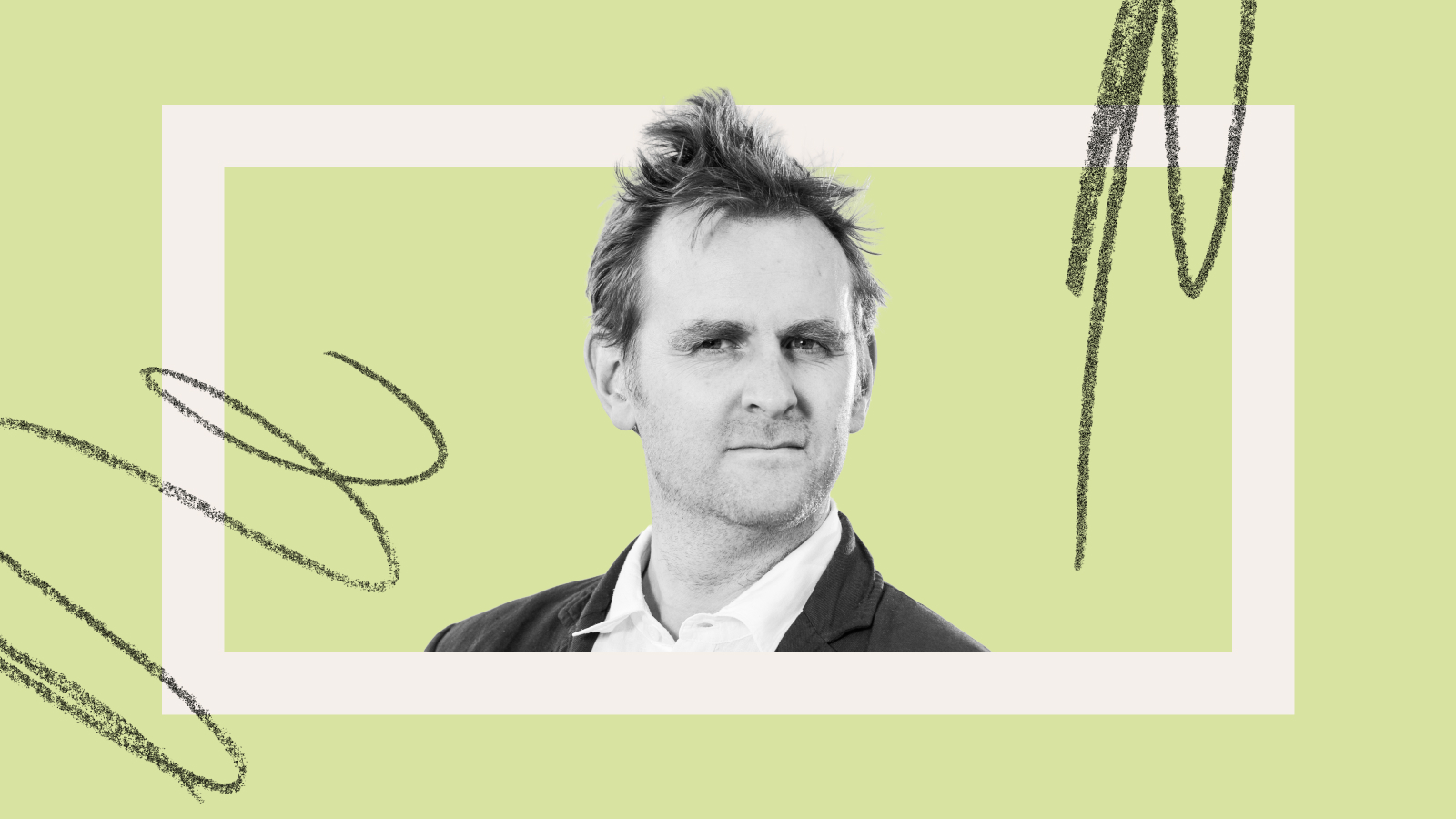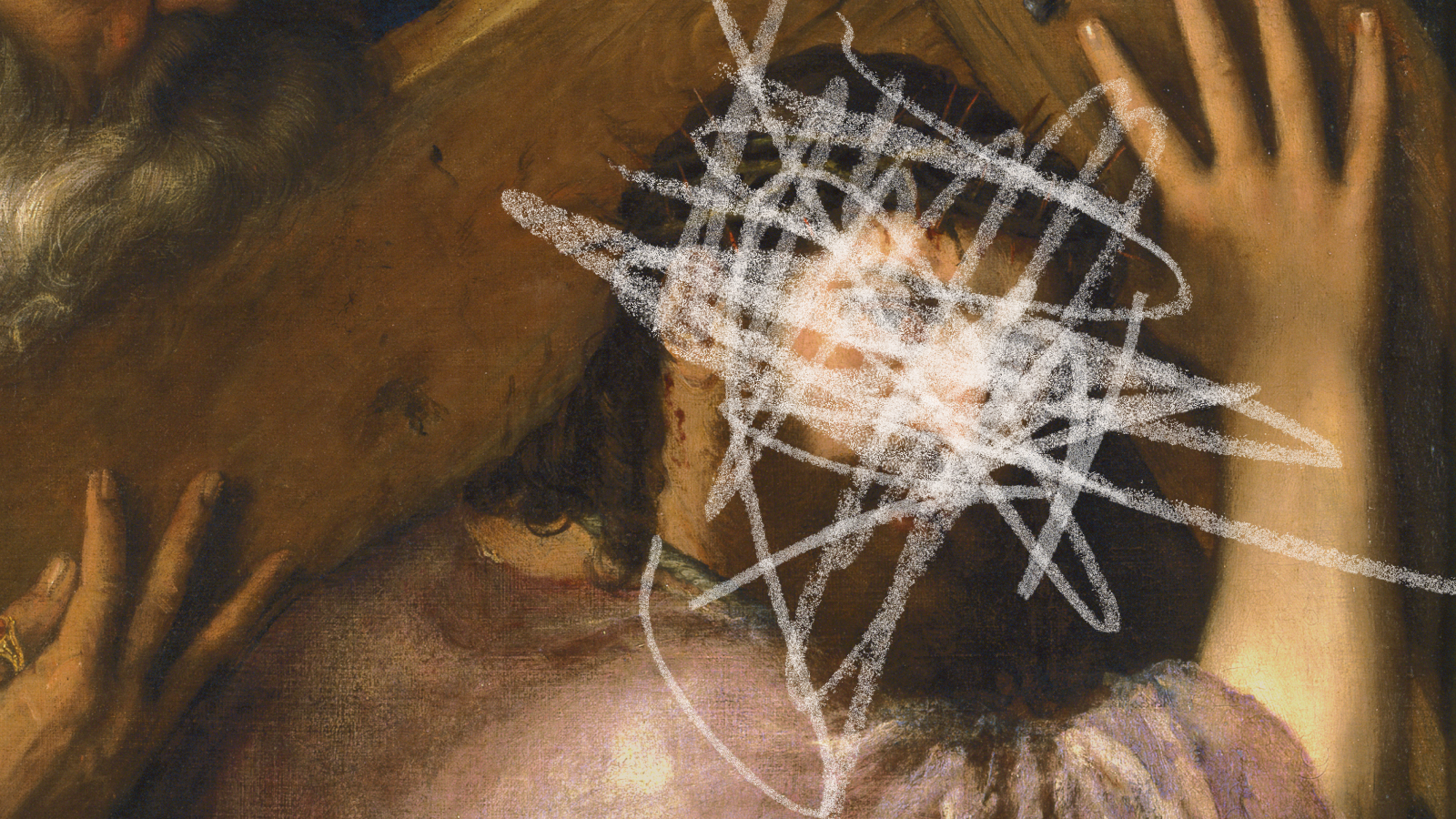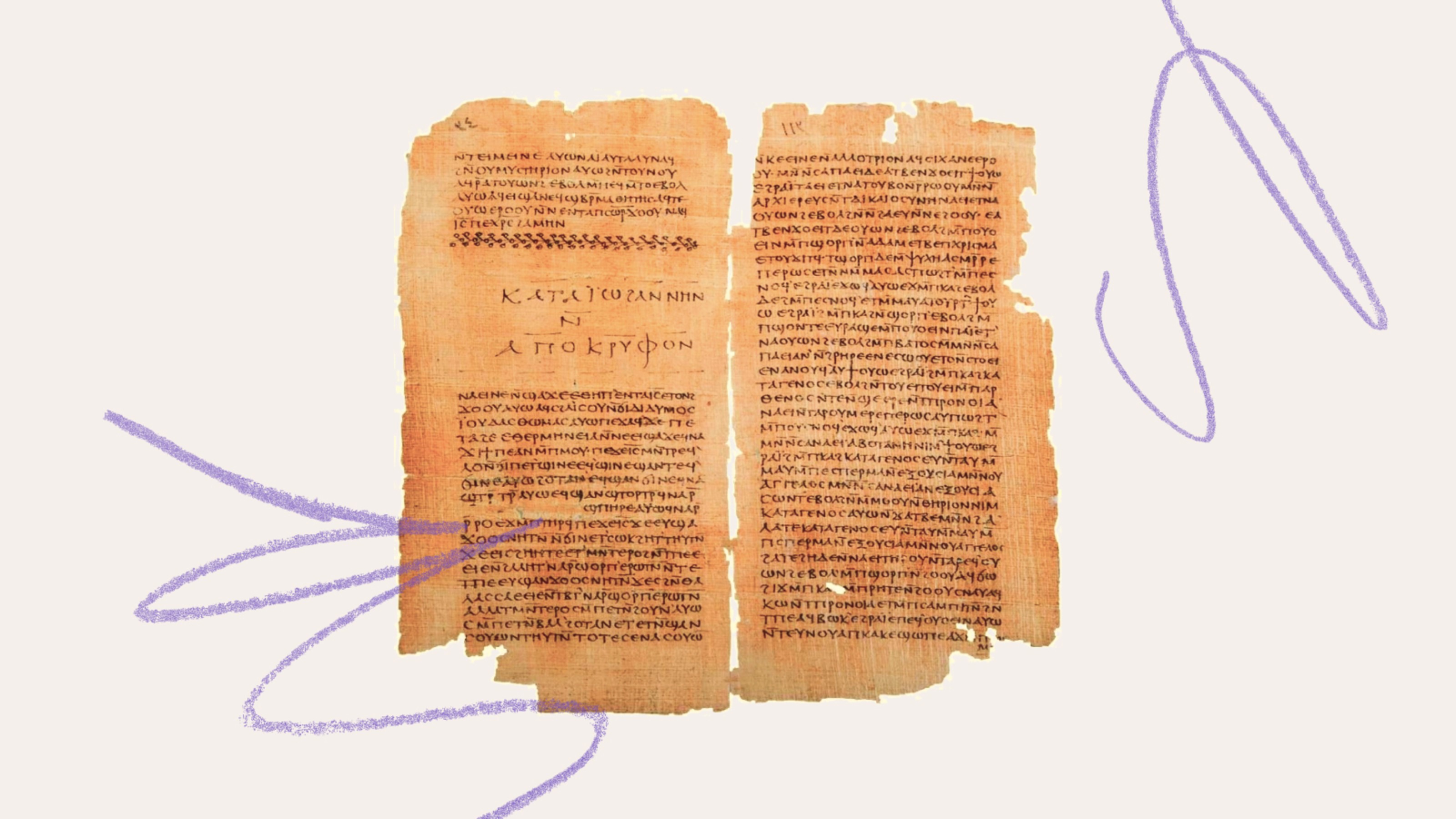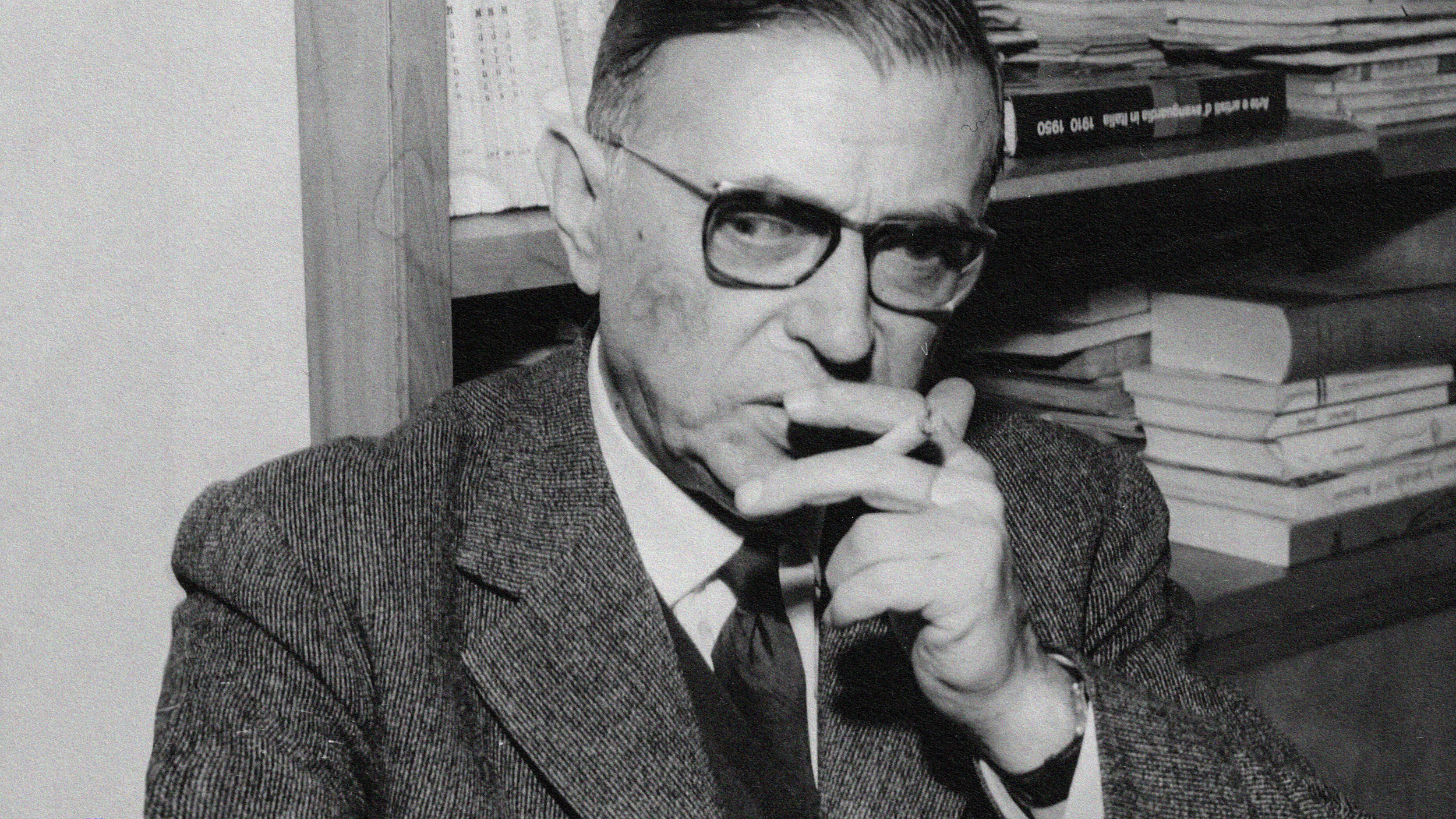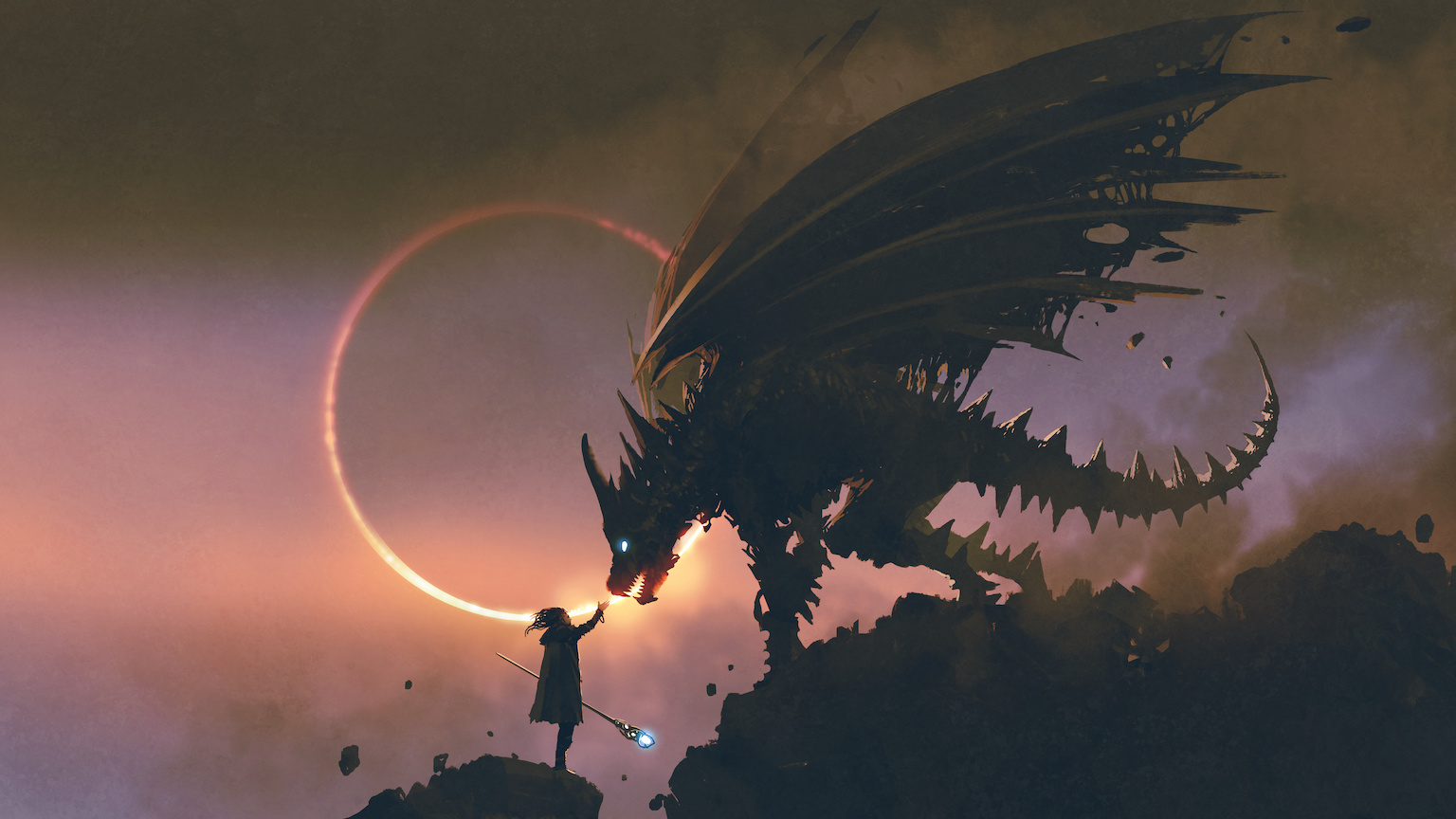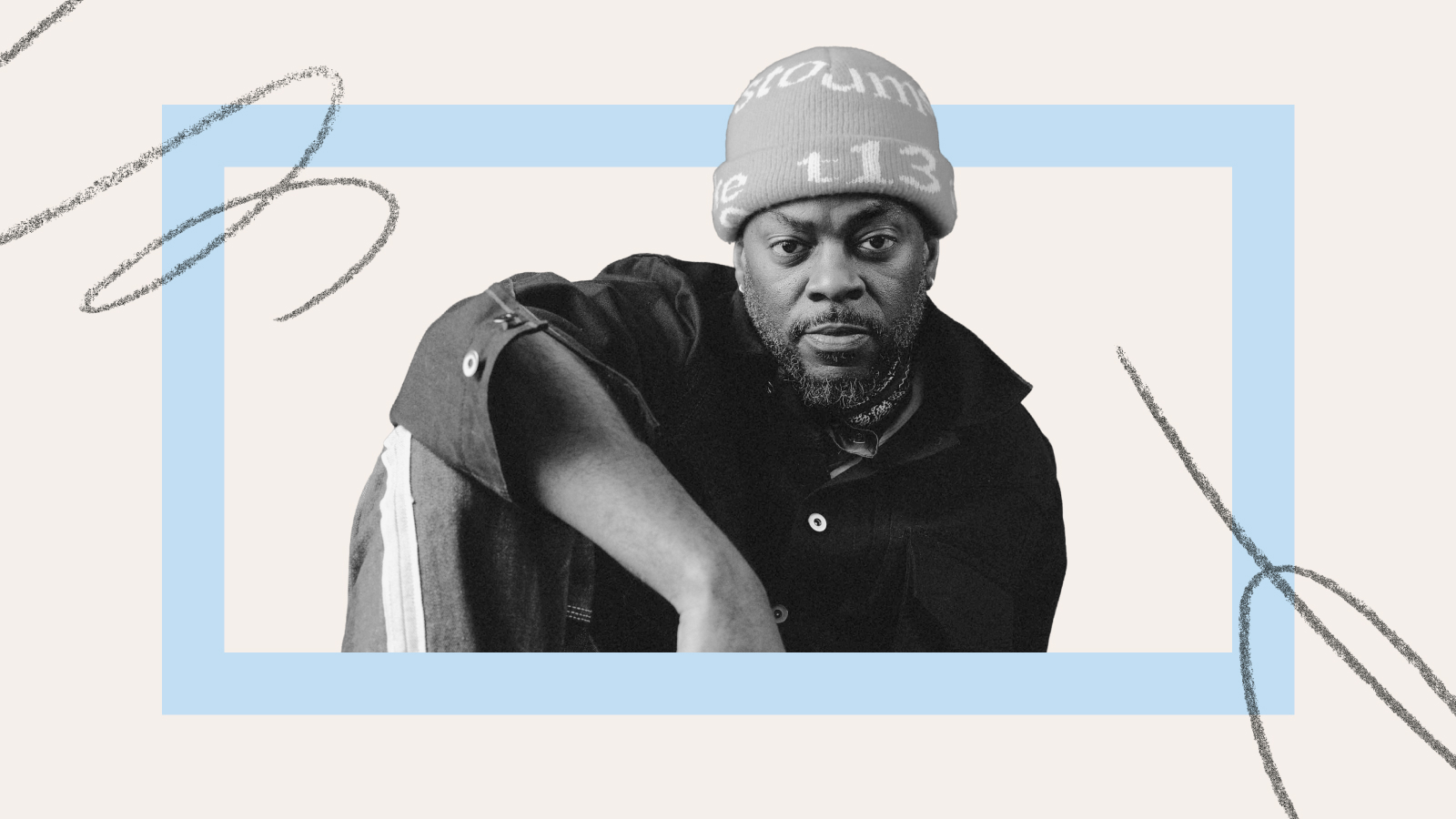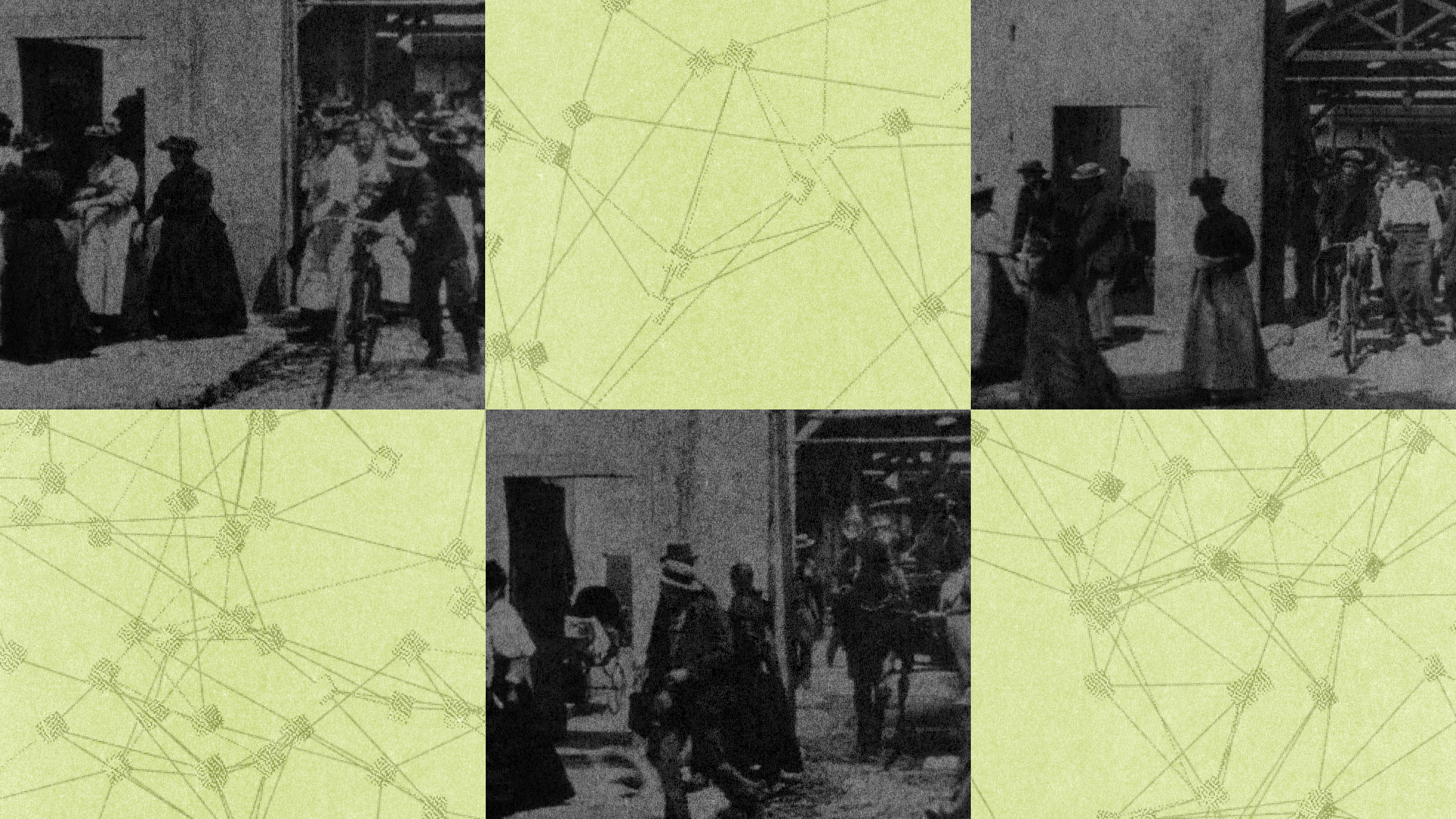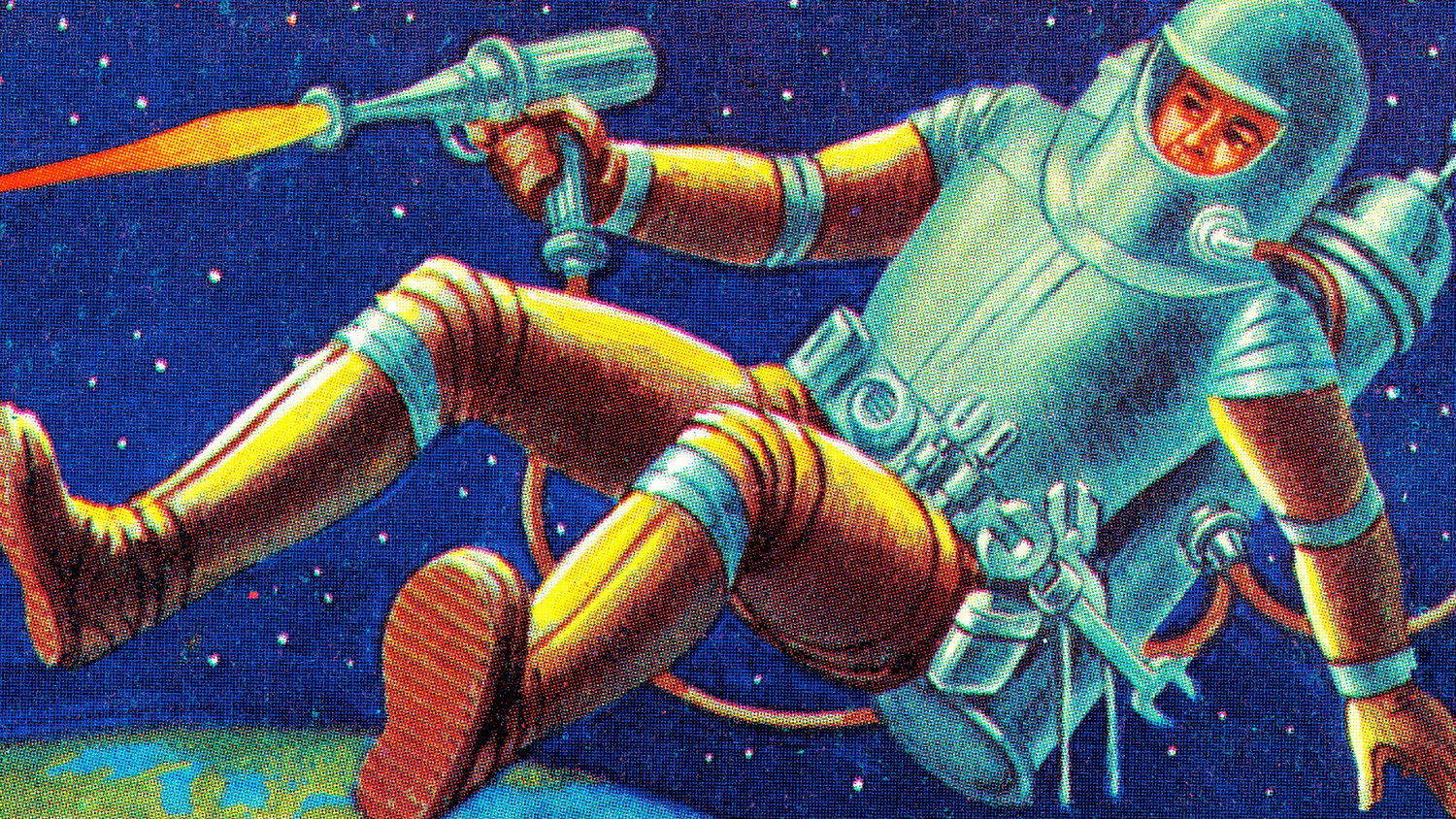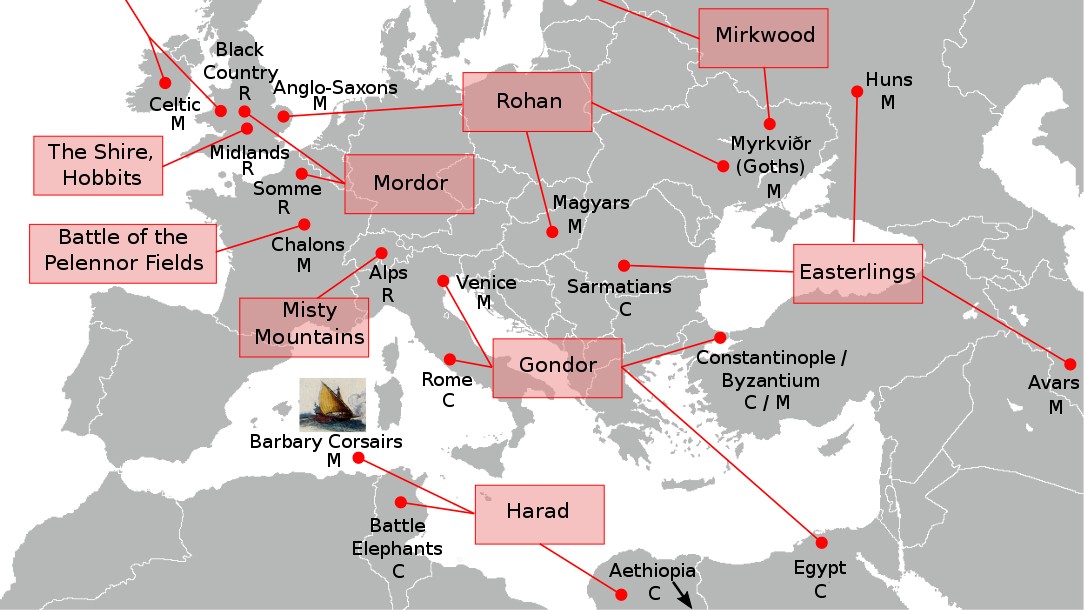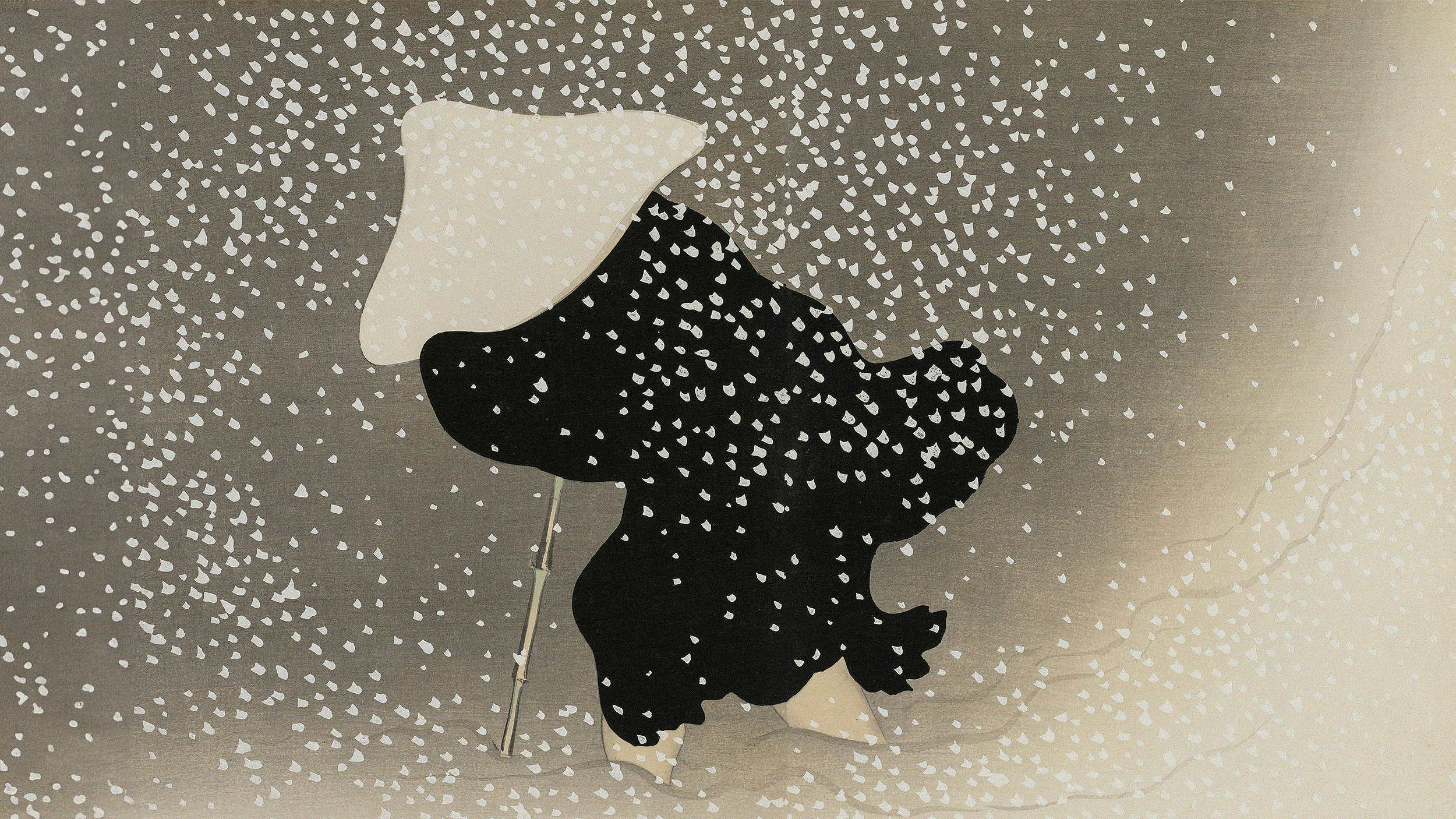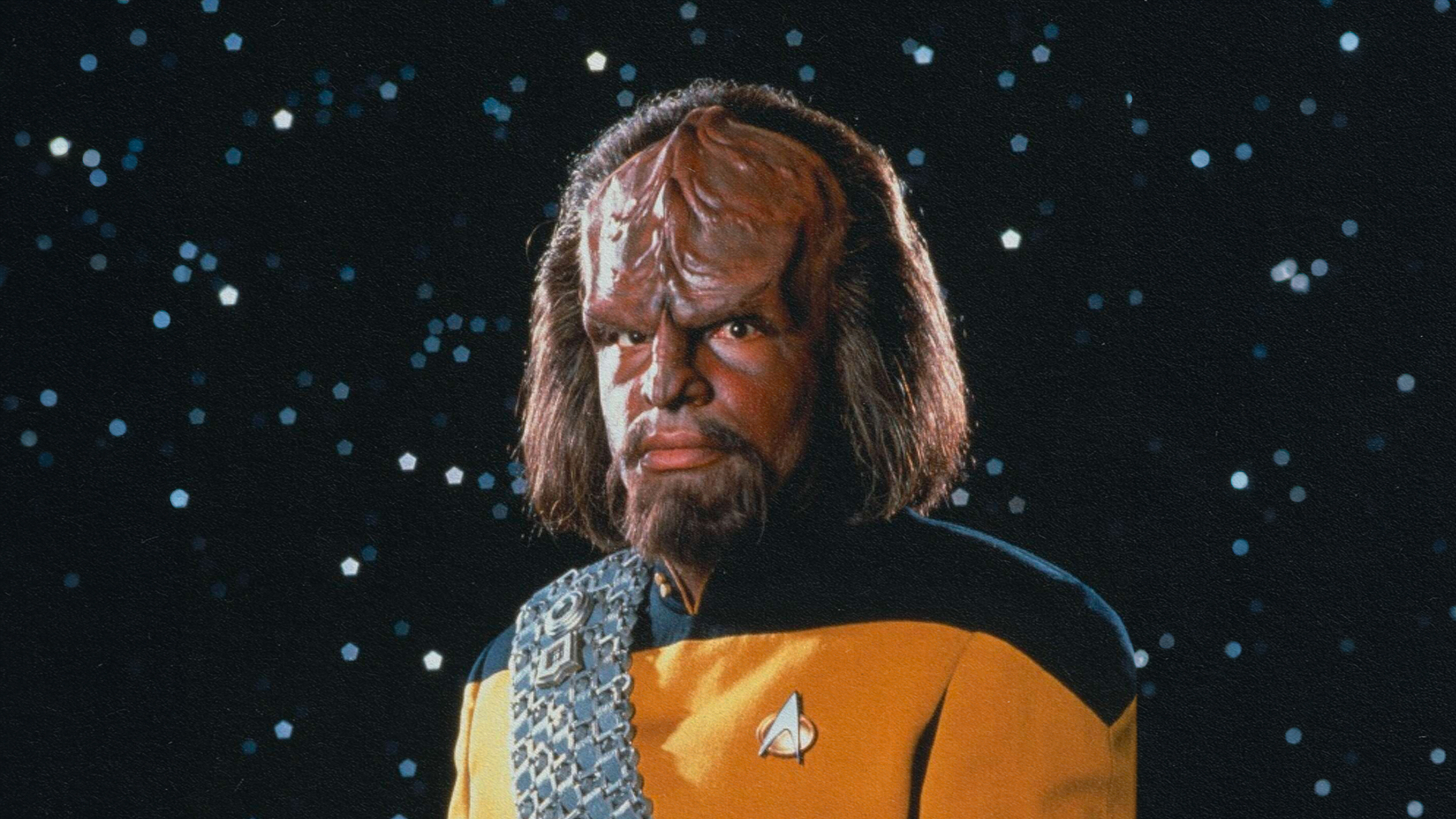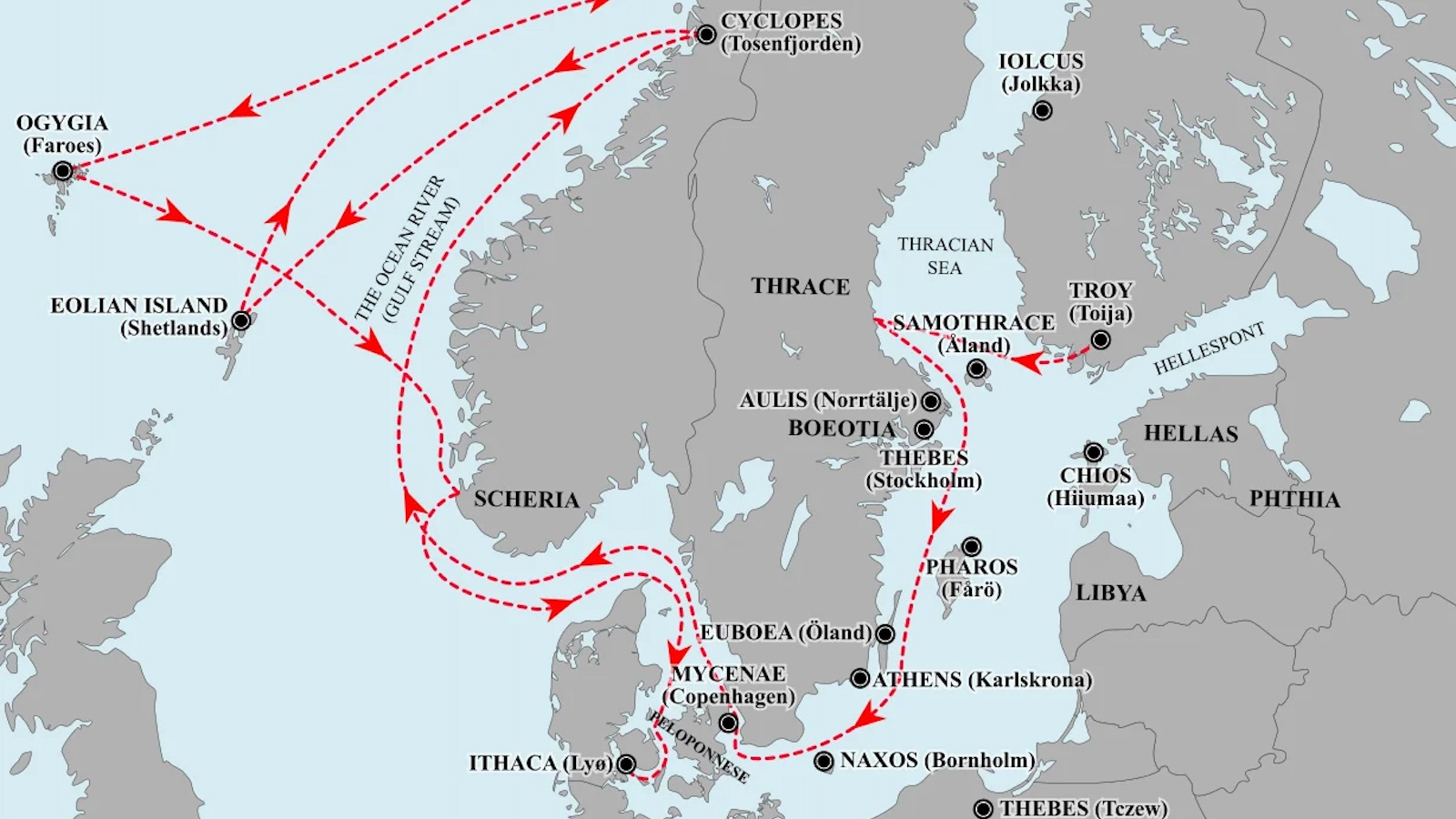Classic Literature
A dialogue with Angus Fletcher — author of the bestseller “Primal Intelligence” — exploring the unique engines of human progress.
In “That Book Is Dangerous,” author Adam Szetela examines the rise of the “Sensitivity Era” in publishing and how outrage campaigns try to control what books authors can write and readers can read.
These short books offer insights and meditations on timeless themes, without the time commitment.
From Einstein to Twain, Garson O’Toole investigates the truth behind your favorite — and often misattributed — quotes.
The psychologist, educator, and former NBA player discusses the professional volumes and childhood stories that shaped his life and his approach to it.
Some books are remembered for their lyrical prose or engaging stories. Others are remembered for simply being weird.
Want to study philosophy but skip some of its heavier tomes? These five novels are a great place to start. (Existential despair guaranteed.)
With “Karla’s Choice,” Nick Harkaway had an impossible mission: maintain his father’s legacy while staying true to his voice.
From bondage to freedom: Baruch Spinoza’s guide to the rational life.
The Gospels aren’t historical biographies but genre-defining works that blend myth, theology, and a promise of hope.
Experts and Big Think writers recommend their favorite reads for diving deeper into the history and perspectives found in the Book of Books.
If you feel like you’re missing out on something bigger, you might be feeling saṃvega.
According to Tolkien, fantasy requires a deep imagination known as “sub-creation.” And the genre reflects a fundamental truth of being human.
From medieval myths to Shakespeare’s plays and modern cinema, British culture kept the Roman Empire alive long after its fall.
The comedian and musician behind the viral hit “BBL Drizzy” shares the books that shaped his thinking and approach to art.
Hugo-winning author Ken Liu explores what early cinema and Chinese poetry can teach us about AI’s potential as a new artistic medium.
When you enter someone’s home, you learn how life is lived elsewhere.
From acclaimed novels to heretical treatises, sometimes a writer just doesn’t want to put their name on the cover.
For J.R.R. Tolkien, the single most important element of a fairy tale was the dramatic reversal of misfortune in the story’s ending.
Many beloved fantasy adventures take place in worlds that bear a striking resemblance to our own.
“Isn’t it enough to see that a garden is beautiful without having to believe that there are fairies at the bottom of it too?”
While weltschmerz — literally “world-pain” — may be unpleasant, it can also spur us to change things for the better.
From Nick Carraway to Charles Marlow, these side characters offered truths their scene-stealing protagonists couldn’t.
The fellowship’s journey through Middle-earth mirrors the modernization of the English countryside.
Japanese thought can’t be easily characterized by just a few books — but this essential guide is a great place to start.
Step back from the AI maelstrom and explore Lem’s “Summa Technologiae” for a detached look at technology’s role in human evolution.
Joseph Campbell argued that nearly every myth can be boiled down to a hero’s journey. Was he right?
NuqneH! Saluton! A linguistic anthropologist (and creator of the Kryptonian language, among others) studies the people who invent new tongues.
The Trojan War was fought in Finland and Ulysses sailed home to Denmark, says one controversial theory.
Parents will sometimes use children as weapons in their relationship battles — and the fallout can be devastating.




